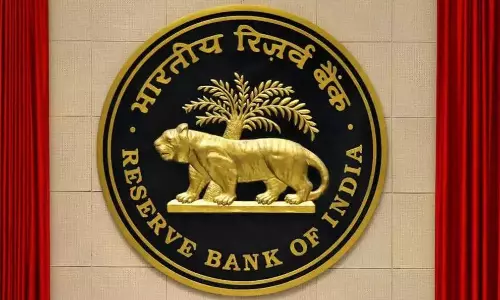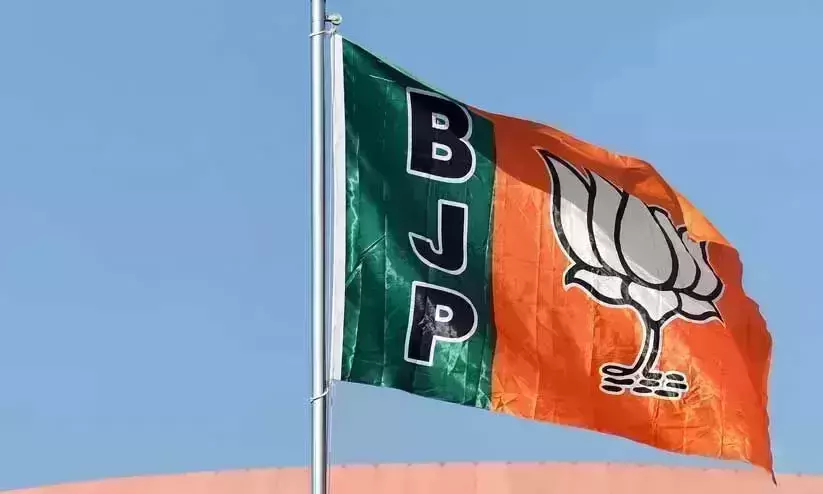
New hopes awaiting J&K
text_fieldsThe uncertainty in Jammu and Kashmir following the polls more than a month back came to an end after the PDP (Peoples Democratic Party) and the BJP agreed on to form a coalition government in the region.
No party had managed to win a majority in the 81-member state Assembly, in the elections last December failing to form a government and the state has been under the Governor’s rule since then. PDP emerged as the single largest party with 28 out of 46 seats in Kashmir and BJP managed to grab 25 out of the 37 seats in Jammu. The National Conference and the Congress followed with 15 and 12 seats respectively. PDP leader Mufti Mohammad Sayeed had received offers to form a government both from the National Conference and Congress. But the party went ahead joining hands with the BJP to form a government for the next six years. The anti-government waves spurred from Omar Abdullah’s corruption blighted party coupled with the realization that no help or support from the Modi government would be available for the upliftment of Jammu and Kashmir, might have forced Mufti to change allegiance. The PDP leader met with Prime Minister Modi on Friday to finalise the cabinet of a PDP-BJP government in Jammu and Kashmir and the new government would come to power on March 1. While Mufti is set to be the Chief Minister, senior BJP leader and National executive member, Nirmal Singh, is expected to be the Deputy CM in the upcoming government.
The PDP and the BJP who had been rivals lambasting each other on every occasion would now hopefully be seen working together towards the progress of the state. Both the parties who differ in ideology as well as in vision would be able to equally represent Jammu as well as Kashmir. The PDP had always critisised the extreme right fascist approaches of the ruling party and their aversion towards Kashmir even throughout the election campaigns. The party had wanted to remove the controversial Armed Forces Special Powers Act (AFSPA), which grants special rights to the Indian armed forces and insisted not to amend the Article 370 of the Constitution. The BJP, on the other hand said they would not interfere with AFSPA, as it was required to maintain law and order in the state and an act the armed forces say they needed. They also wanted to remove Article 370 of the Constitution which guarantees special status to Jammu and Kashmir and demanded to bring back and rehabilitate the pundits who left Kashmir. Both the parties have resolved their differences and decided to cooperate for the development of the state. The allegiance has led to a strong dissatisfaction and protest in the valley particularly from the Hurriyat leaders.
The floods last year had ravaged the state and the government was forced to stop all developmental activities. The new government should be working towards resuming the stalled activities uplifting the state from the clutter. If the separatist forces deteriorate in power, aid from across the border ceases, the people wholeheartedly vote for a democratic government along with the government successfully curbing AFSPA, Jammu and Kashmir would soon be able to witness a new dawn.

















